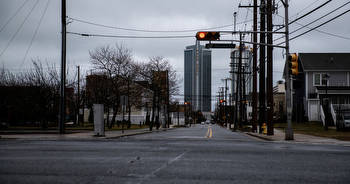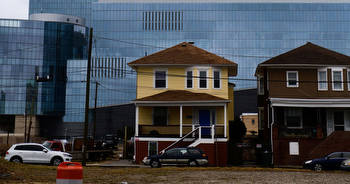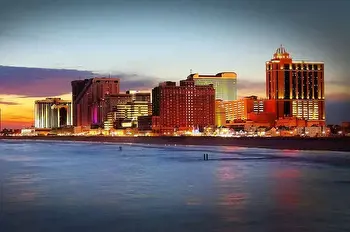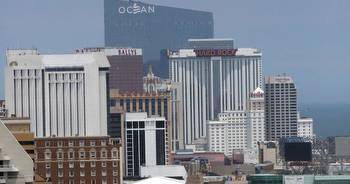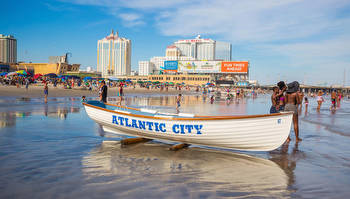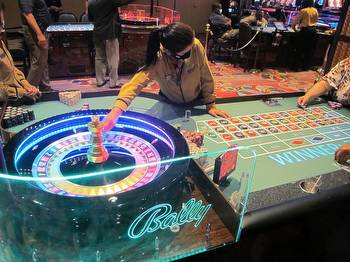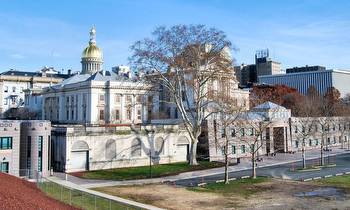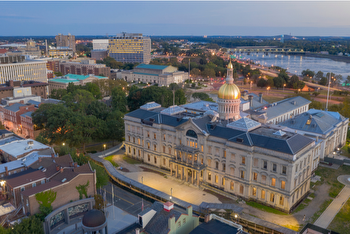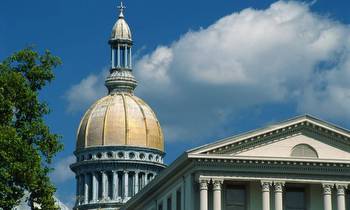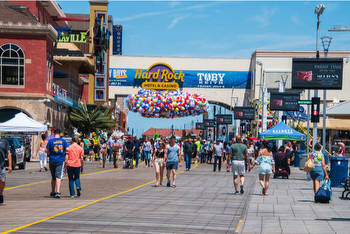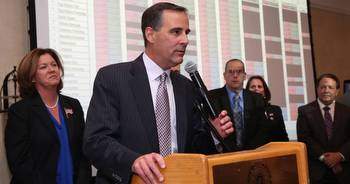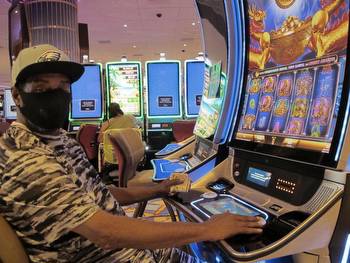Lawmaker: 4 Atlantic City casinos may close without tax aid
TRENTON, N.J. (AP) — Four of Atlantic City's nine casinos are in danger of closing if the state does not pass a bill giving tax breaks to the casinos, New Jersey’s outgoing state Senate president said Monday.
Democrat Steve Sweeney's claim at a Senate budget committee hearing represented a drastic departure from the original rationale behind the bill: that it is needed to help the casinos recover from the coronavirus pandemic.
The bill would change an existing law enabling the casinos to make payments in lieu of property taxes to Atlantic City, Atlantic County and the city’s school system, in return for not appealing their property taxes.
“There are four casinos in jeopardy of closing,” Sweeney said. “We do not want that to happen. I don't want to have a situation where it's, ‘I told you that place was going to close, and it closed.'”
Sweeney, who lost his re-election bid last month, said he has spoken to “many casino properties, and I spoke to the casino association,” referring to the Casino Association of New Jersey, the trade group for Atlantic City's casino industry.
“They painted a very clear picture,” Sweeney said.
Joe Lupo, president of the casino association and also president of Atlantic City's Hard Rock casino, said the association has been in contact with elected officials.
“We fully expect to pay our fair share, but we need stability moving forward,” Lupo said, adding that the proposed changes would provide that.
Without such a bill, Atlantic City's casinos could be in “grave danger,” he warned.
Atlantic City's casino profits and revenue are up significantly this year, rebounding strongly from declines caused last year by the pandemic.
But casino executives have long complained that revenue from sports betting and internet gambling must be shared with technology platforms, sports books and other partners — even though the casinos are paying taxes on the full amount.
That is a big reason why the bill would exempt sports betting and internet gambling — two of the industry’s fastest-growing revenue streams — from calculations on how much the casinos should pay the city in lieu of property taxes.
The legislation was advanced through a Senate committee Monday, and now heads to the full Senate later this month. It also must be approved in the state Assembly.
It would reduce payments for some casinos, including the Borgata, while imposing higher payments onto others, including Hard Rock.
The first version of the bill was passed five years ago when Atlantic City was reeling from the closure of five of its 12 casinos.
Easily able back then to show that their businesses were worth less in a declining market, the casinos successfully appealed their property tax assessments year after year, helping to blow huge holes in Atlantic City’s budget.
The new version would reduce the overall amount of payments to $110 million next year, down by about $55 million, although that would be partially offset by other payments.
The bill does not affect the state taxes casinos must pay on internet gambling revenue (15%) and online sports betting revenue (13%), nor the 9.25% tax on in-person casino revenue.
Don Guardian, a former Atlantic City mayor who will be sworn into office next month as a Republican Assemblyman, opposes the changes, saying they will benefit the casinos at the expense of taxpayers.
“With casinos paying less, everyone else will pay more,” he said.








